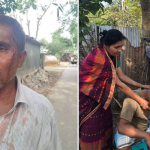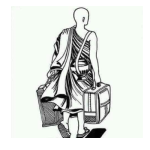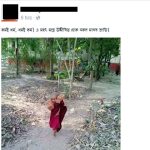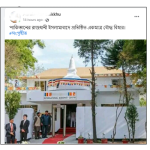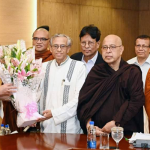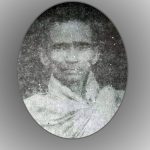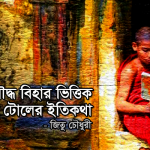For the past three days, I have been in deep shock. Words fail me. What protest can I make, where can I seek justice, and who will deliver it? My hands tremble, my pen refuses to move, and my voice seems trapped under the weight of grief and outrage.
In Khagrachhari, in the Chittagong Hill Tracts (CHT) of Bangladesh, a series of events has once again exposed the systemic injustice faced by Indigenous peoples. An eighth-grade Marma schoolgirl, on her way home from private lessons, was brutally gang-raped by settlers from the Bengali community. This heinous crime is not just an assault on one child—it is an attack on the dignity, security, and humanity of an entire community.
When Indigenous people took to the streets demanding justice, they were met not with protection but with bullets. Three young men—Tai Ching Marma (20), Athuipru Marma (21), and Akhrau Marma (22)—were shot dead by security forces. The brutality is staggering: first, a child was raped; then, those who demanded justice were killed.
A video circulating on social media captures the horror vividly. A teenage girl, wounded by gunfire, cries out in her father’s arms: “Father, save me.” Her father, broken and helpless, replies: “What can I do now?” This moment reflects the unbearable collapse of trust between citizens and the state.
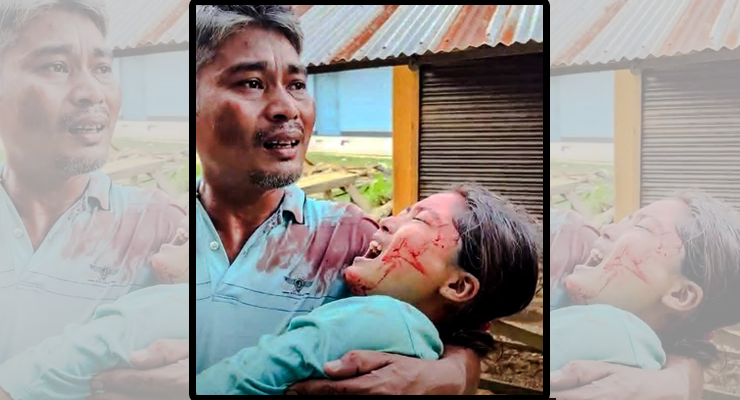
Meanwhile, under the watch of the military and paramilitary forces, settlers attacked Indigenous homes, looted shops, and even vandalized Buddhist monasteries. Instead of upholding peace, state forces appeared complicit in deepening the cycle of violence.
This is not an isolated incident. For decades, the CHT has been scarred by militarization, land grabbing, and systematic violations of Indigenous rights. Women have been disproportionately targeted, while perpetrators of sexual violence routinely escape justice. Each cycle of violence is followed by denial, deflection, and distortion at the state level.
This time, too, officials are already attempting to shift the narrative. The government’s security adviser, Mohammad Jahangir Alam Chowdhury, suggested that “foreign interference” or “fascist instigation” was behind the unrest. Such claims are not only baseless but also dangerous—they divert attention from the actual crimes and shield the perpetrators.
Worryingly, even some students at Dhaka University have echoed these misleading narratives, demanding the arrest of Indigenous leader Yan Yan, instead of seeking justice for the raped schoolgirl and the slain protestors. Such distortions only inflame ethnic divisions and further marginalize Indigenous voices.
The Marma tragedy is part of a broader pattern. Over the past year, the Christian Bawm community in the CHT has faced systematic persecution. Reports by investigative outlets such as Netra News reveal that since April 2024, at least 22 Bawm civilians have been killed by security forces, and more than 200 detained, many under fabricated charges. Women have been imprisoned for over a year without trial. Thousands have been displaced from their ancestral lands.
Minority religious figures, too, face targeting. Hindu spiritual leader Chinmoy Krishna Das remains imprisoned under dubious sedition charges. Last year, coordinated attacks in Rangamati and Khagrachhari saw settlers and security forces torching homes, destroying businesses, and vandalizing Buddhist monasteries. In protest, the Buddhist community boycotted its most sacred annual religious event, the Kathin Chibar Dan.
These recurring atrocities demand urgent attention—both nationally and internationally.
What must be done:
- Justice for the Marma schoolgirl — A neutral and independent inquiry must be launched, and the perpetrators prosecuted without delay.
- Accountability for killings — Security forces responsible for the deaths of peaceful protesters must face trial; state uniforms cannot grant immunity.
- Protection of Indigenous rights — The Bangladeshi state must end its policy of militarization and ensure equal rights, dignity, and land security for Indigenous peoples.
- Transparency and truth — Officials must stop scapegoating “foreign interference” and instead confront the reality of state-enabled violence.
Bangladesh cannot aspire to democracy and human rights while silencing the cries of its most vulnerable communities. Justice delayed or denied only deepens wounds and perpetuates mistrust.
As fellow human beings, our voices must be united:
Justice for the raped child. Justice for the slain youth. Equality and dignity for every community.
If the state turns away from this responsibility, history will not.
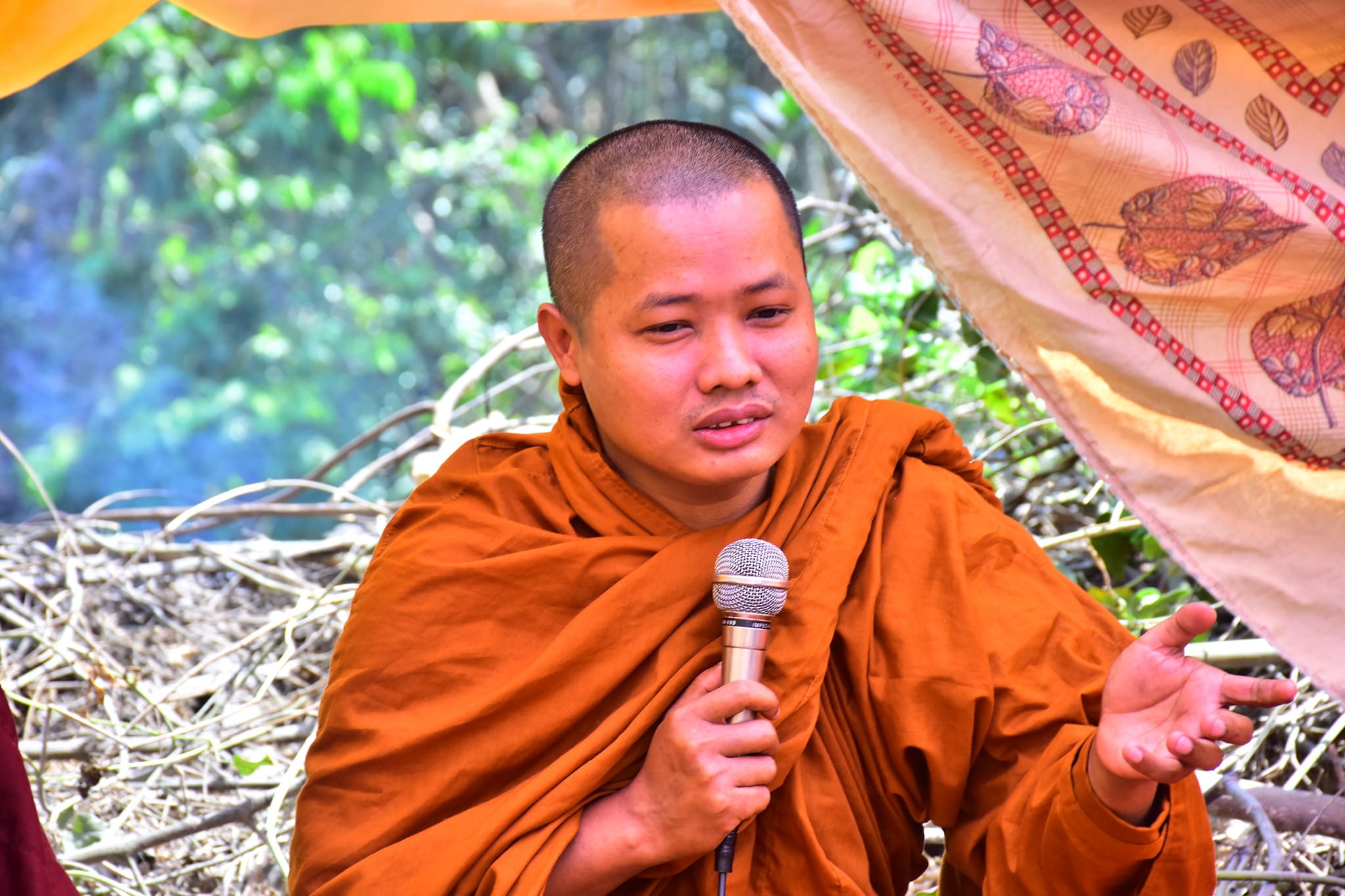
প্রকাশক ও সম্পাদক, ধম্মইনফো-ডট-কম


